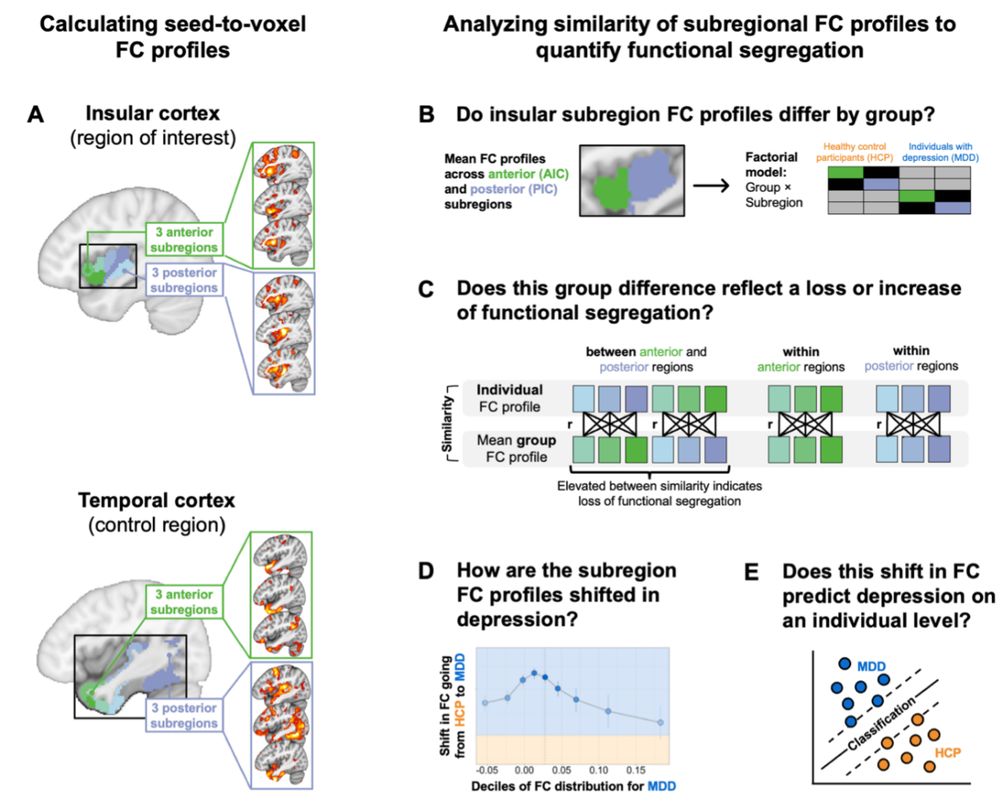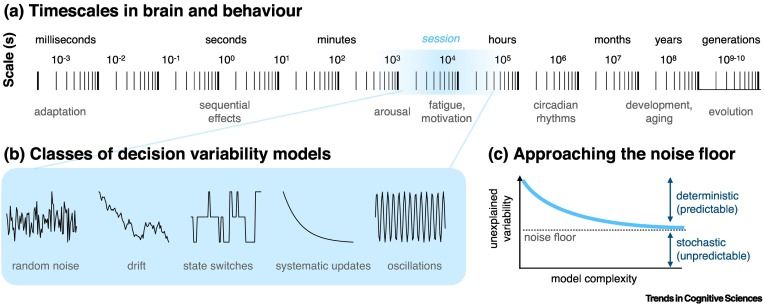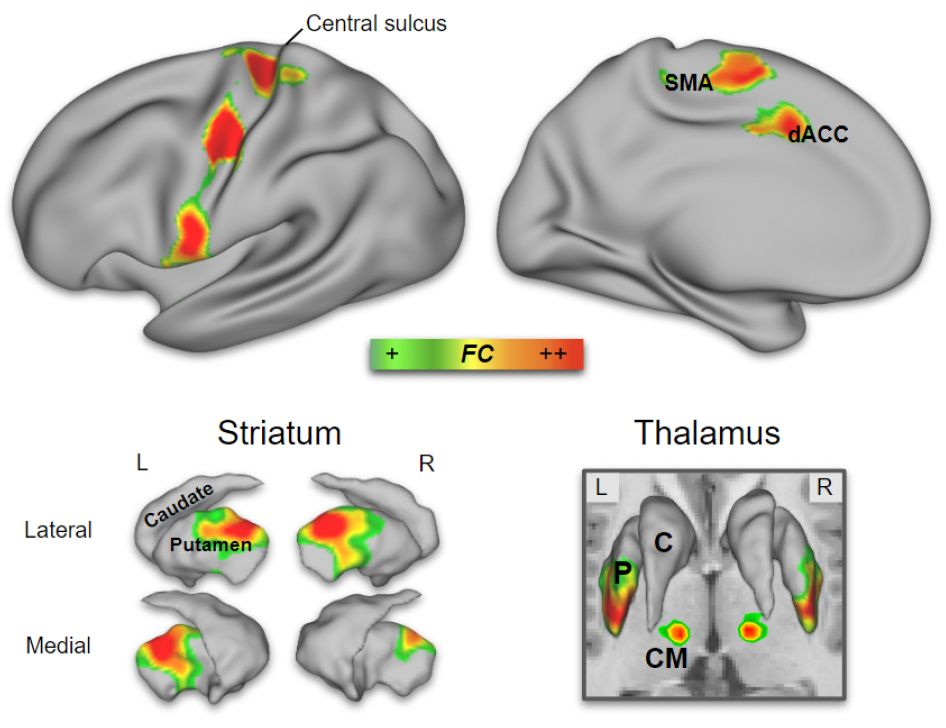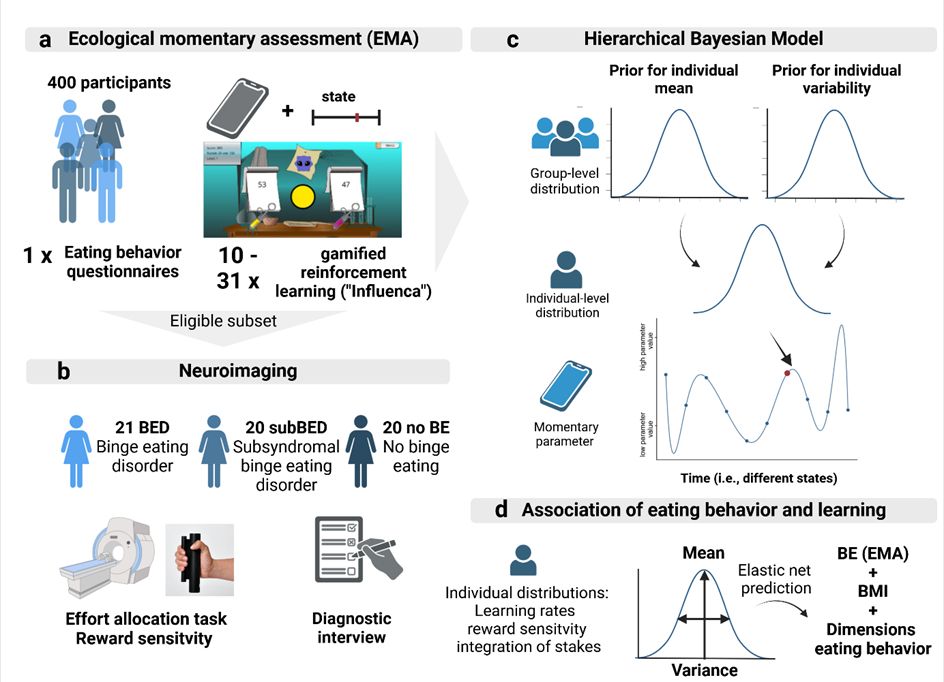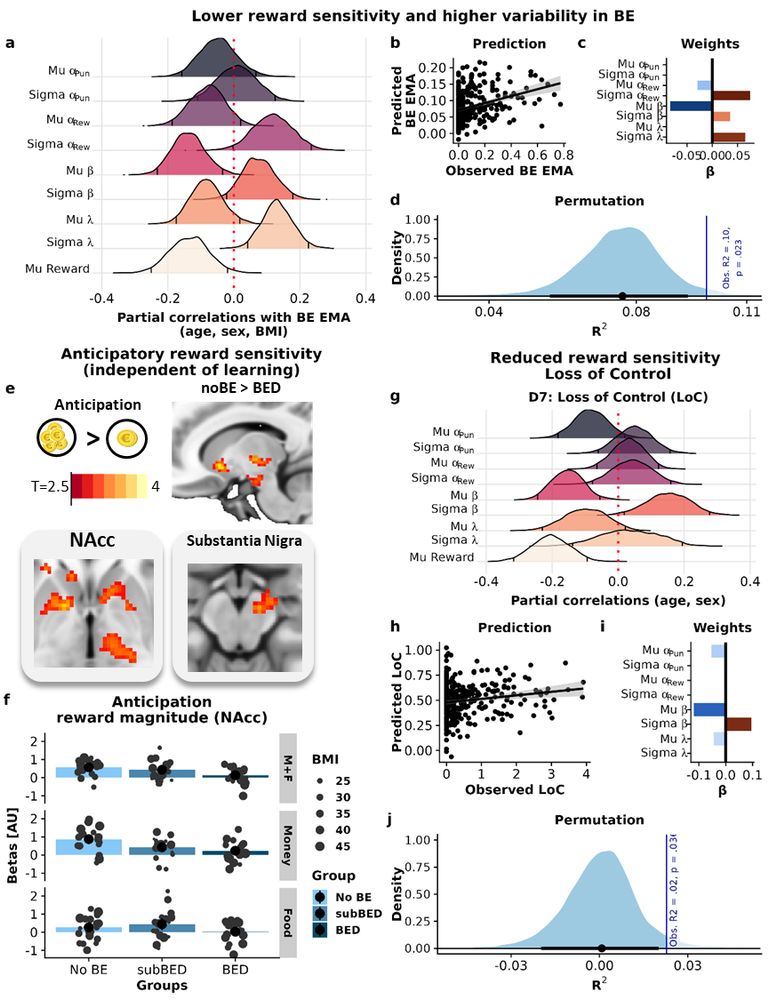dennis hernaus
@dhernaus.bsky.social
300 followers
500 following
16 posts
Associate prof @ Maastricht University. Neuroscience, drums & hardcore punk.
Posts
Media
Videos
Starter Packs
Reposted by dennis hernaus
Reposted by dennis hernaus
Reposted by dennis hernaus
Reposted by dennis hernaus
Reposted by dennis hernaus
Reposted by dennis hernaus
Reposted by dennis hernaus
dennis hernaus
@dhernaus.bsky.social
· Sep 1
Reposted by dennis hernaus
Reposted by dennis hernaus
Reposted by dennis hernaus
Reposted by dennis hernaus
Reposted by dennis hernaus
Nature Methods
@natmethods.nature.com
· Jun 6
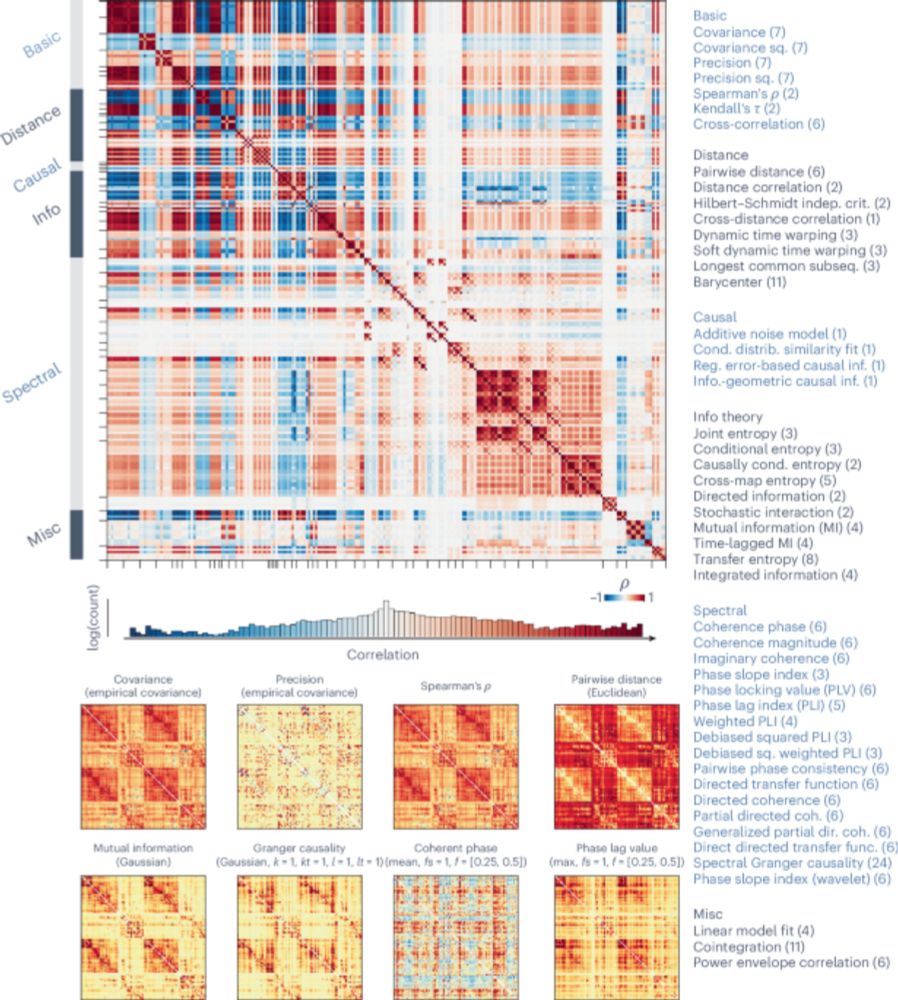
Benchmarking methods for mapping functional connectivity in the brain - Nature Methods
In this Analysis, Liu et al. benchmark more than 200 pairwise statistics for functional brain connectivity in tasks such as hub mapping, distance relationships, structure–function coupling and behavio...
www.nature.com
Reposted by dennis hernaus
Lucina Uddin
@lucinauddin.bsky.social
· May 28

The history and future of resting-state functional magnetic resonance imaging - Nature
This Review provides an overview of the history of resting-state functional MRI research, which has helped to reveal the spatiotemporal organization of the brain, and discusses how it can contribute f...
www.nature.com
Reposted by dennis hernaus
PsyArXivBot
@psyarxivbot.bsky.social
· Apr 17
Reposted by dennis hernaus
Reposted by dennis hernaus
Reposted by dennis hernaus
Phil Corlett
@philcorlett.bsky.social
· Mar 26

20 Years of Aberrant Salience in Psychosis: What Have We Learned? | American Journal of Psychiatry
Twenty years ago Shitij Kapur’s “Psychosis as a state of aberrant salience” captured the attention of clinicians and cognitive and behavioral neuroscientists. It has become the de facto way of talking...
psychiatryonline.org



